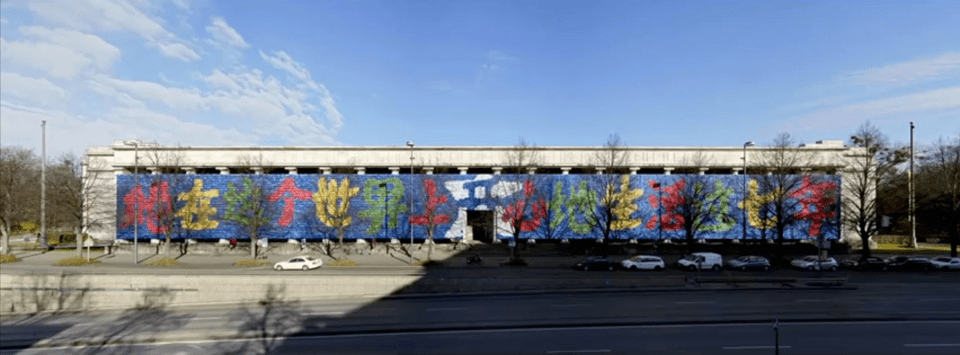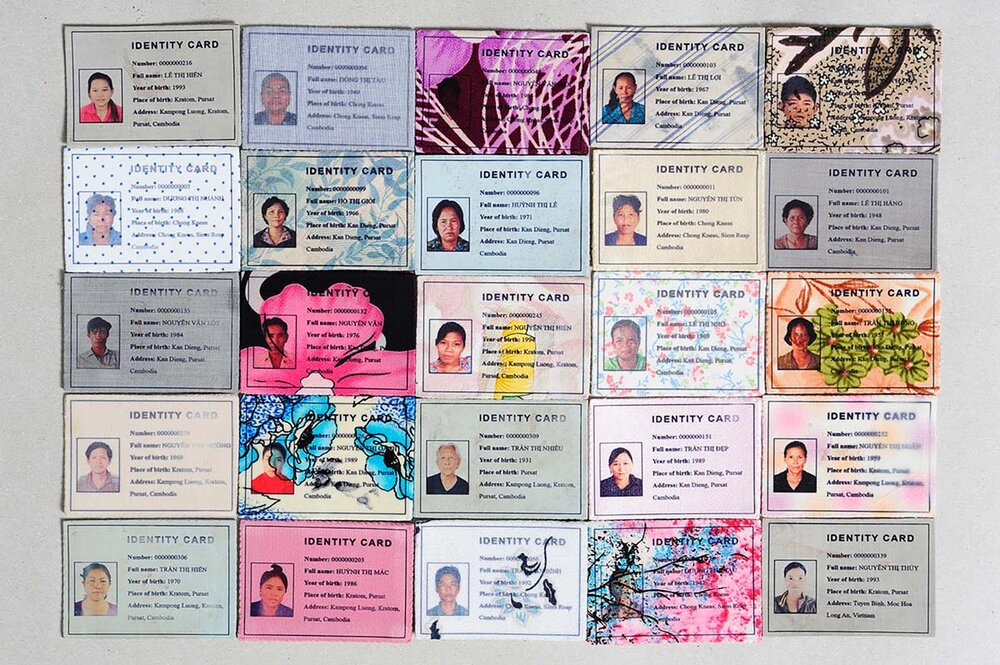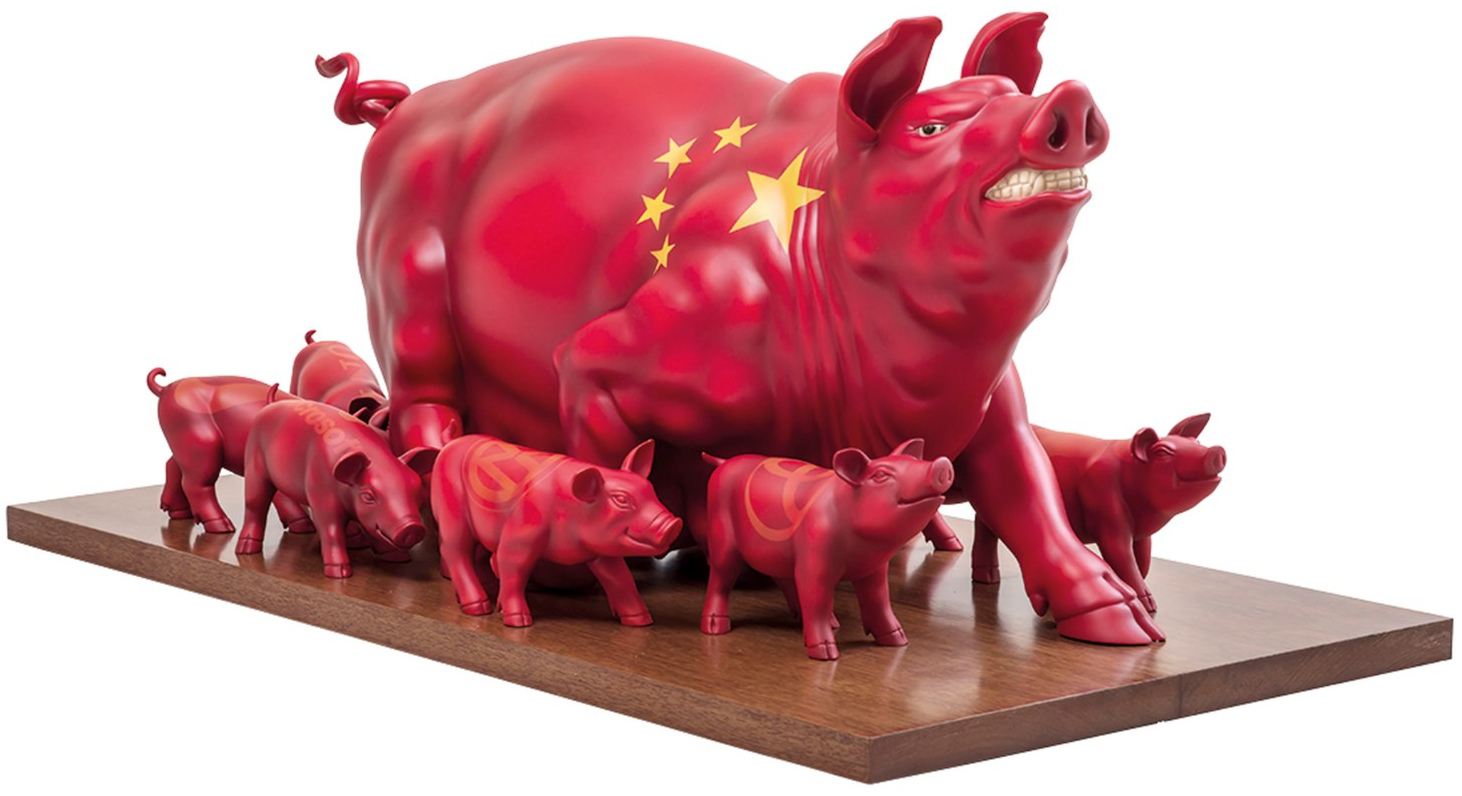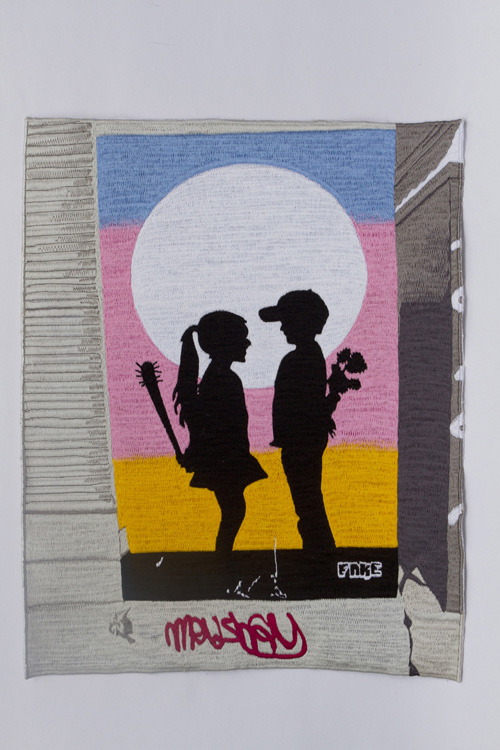
“Fortunately for all of us, … we are not living in a ‘post-truth‘ world. We are not on the brink of a civil war. The perception that we are is almost purely an artifact of people taking poll and survey data at face value …
For instance, in the wake of the 2016 election, Trump claimed to have had higher turnout at his inauguration than Barack Obama did. … Respondents knew perfectly well what the correct answer was. However, they also had a sense of how that answer would be used in the media (‘Even Trump’s supporters don’t believe his nonsense!’), so they simply declined to give pollsters the response they seemed to be looking for.
As a matter of fact, respondents regularly troll researchers in polling and surveys – especially when they are asked whether or not they subscribe to absurd or fringe beliefs …
However, many academics and pundits do not seem to be in on the joke. Instead, post-2016, a consensus quickly emerged from credulous readings of polls and surveys that America is facing an epidemic of ‘fake news’, which was leading people to believe things that were obviously false …
Contrary to narratives that have grown especially ubiquitous in recent years, Americans are actually not very far apart in terms of most empirical facts. We do not live in separate realities. … Indeed, when respondents are provided with incentives to answer questions accurately (instead of engaging in partisan cheerleading), the difference between Democrats and Republicans on factual matters often collapses. …
There is strong evidence that many of the surveys and polls indicating support for, or openness towards, political violence hugely overstate actual levels of support in the American public. …
In general, behaviors are often a stronger indicator than attitudinal data for understanding how sincere or committed people are to a cause or idea. The number of people who are willing to rhetorically endorse some extraordinary belief tends to be much, much higher than the subset who meaningfully behave as if that claim is true. …
The big lie is no exception. … In a world where 74 million voted for Trump, and more than … than 50 million people … actually believed that the other party had illegally seized power and now plan to use that power to harm people like themselves, the events of January 6 would likely have played out much, much differently.
Indeed, had even the 2,500 people who assembled on the Capitol arrived armed to the hilt, with a plan to seize power by force, … things would have gone much, much differently. … Even when they breached the Capitol, most had no information about the layout of the building, little knowledge about the proceedings they were ostensibly striving to disrupt, and no clear agenda of what to do once they got inside.
There was a small number, dozens perhaps, who showed up to the Capitol with a clear intent to forcibly overturn the election … Yet, critically, even these actors were … motivated in part by frustration with the former president’s apparent inaction. In their telling, Trump himself wasn’t acting like he believed his own rhetoric. … The Oath Keepers hoped to engage in a radical act that would push the president to actually behave as if the election was stolen and the republic was on the line. …
Of course, even tiny numbers of genuine extremists like these can be extremely destabilizing under the right circumstances. Had Oath Keepers breached the Capitol instead of being repelled … January 6 could have played out much differently.
Nonetheless, there is a huge difference in talking about identifying and disrupting small numbers of highly committed individuals willing to engage in revolutionary political violence v tens of millions of Americans genuinely believing the election was fraudulent and being open to violence as a means of rectifying the situation. …
The good news is that the second problem, the tens-of-millions-of-Americans problem, is not real. It is an artifact of politicized polling design and survey responses, followed by overly credulous interpretations of those results by academics and pundits who are committed to a narrative that half the electorate is evil, ignorant, stupid, deranged and otherwise dangerous.
In fact, rather than January 6 serving as a prelude to a civil war, the US saw lower levels of death from political violence in 2021 than in any other year since the turn of the century. Even as violent crime approached record highs across much of the country, fatalities from political violence dropped. …
Indeed, far from giving up on elections, Republican voters are reveling in the prospect of taking back one or both chambers of Congress at the end of this year; they are eagerly awaiting the midterms (likely for good reason). …
In truth, most Republican voters likely don’t believe in the big lie. But many would nonetheless profess to believe it in polls and surveys … Within contemporary rightwing circles, a rhetorical embrace of the big lie is perceived as an act of defiance against prevailing elites. It is recognized as a surefire means to ‘trigger‘ people on the other team. …
For many reasons, this situation is also far from ideal. But it’s a very different (and much smaller) problem than partisans actually inhabiting different epistemic worlds and lurching towards a civil war. Glass half full.”
aus: Musa al-Gharbi: No, America is not on the brink of a civil war. It’s time to tell the truth about the big lie, The Guardian Online, 27.1.22, im Internet (mit massenweise Links zu Studien, die die aufgeführten Behauptungen belegen).
Abb.: Erika Rothenberg: American Statistics: The Sun and the Earth, 2021, im Internet.
01/22





